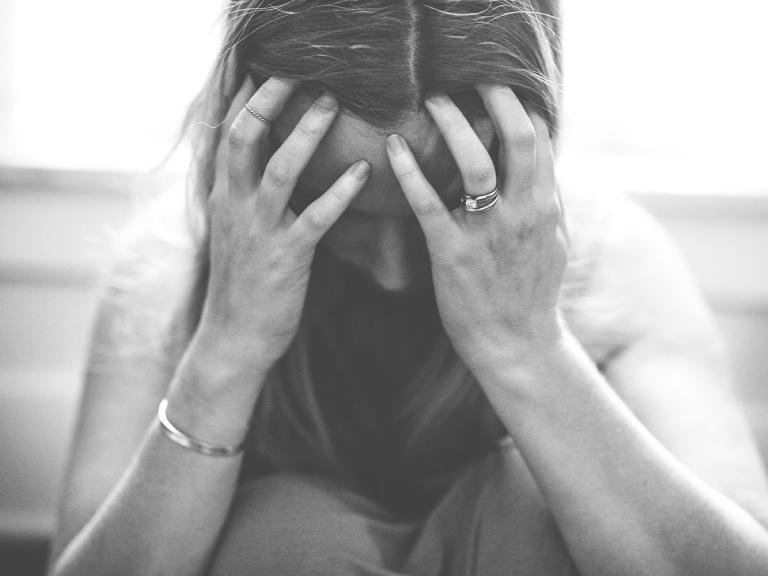
“A hoary [gray] head is a crown of glory,” says Proverbs 16:31. According to a study, it may also be a crown of lowered stress. The study, released by Penn State, seems to indicate that a person’s daily stressors, and their responses to stressors, appear to lessen as they age. Led by David Almeida, a professor of Human Development and Family Studies at Penn State, the study involved 3,000 adults and collected data from 40,000 days in the lives of those individuals. The data was first collected in 1995 when the people in the study ranged from ages 22 to 77 during the baseline interview, according to the study summary. The data was collected through that National Study of Daily Experiences (NSDE), where respondents participated in telephone interviews that assessed daily levels of stress for eight consecutive days, which were then repeated over nine-year intervals across 20 years.
According to the study summary, the data found that those who began the study under the age of thirty reported the most daily stressors and reactivity but that their profile had improved with age. The data also found a 47% decrease amongst the youngest group and their reactivity to stressors as they aged, so not only did the respondents report less experiences of daily stressors as they aged (from 50% for someone under 30 to 30% for someone over 65), but that they also responded less reactively to those stressors when they experienced them. “A 25-year-old is much grumpier on the days when they experience a stressor, but as we age, we really figure out how to decrease those exposures,” Almeida said of the study. Almeida did note that there were some early indications that older age, late 60s and early 70s, may present a slight uptick in daily stressors. “Growing older from 35 to 65 is very different than growing older from 65 to 95,” he said. “We’ve started to see that in the data already, but this next round of data collection and analysis will give us an even greater understanding of what that looks like.”
Almeida also stated his interest in the next round of data, which will be the first to include post-pandemic data and how that might have affected daily stressors. He also spoke positively about the data so far, saying it offered hope in a world filled with stress. “A lot of my prior work looked at these small, daily stressors — being late to a meeting, having an argument with a partner, caring for a sick child — and found that our emotional responses to these events are predictive of later health and well-being, including chronic conditions, mental health and even mortality. With this new research, it’s encouraging to see that as we age, we begin to deal with these stressors better. On average, the experience of daily stress won’t get worse, but in fact, get better.”


